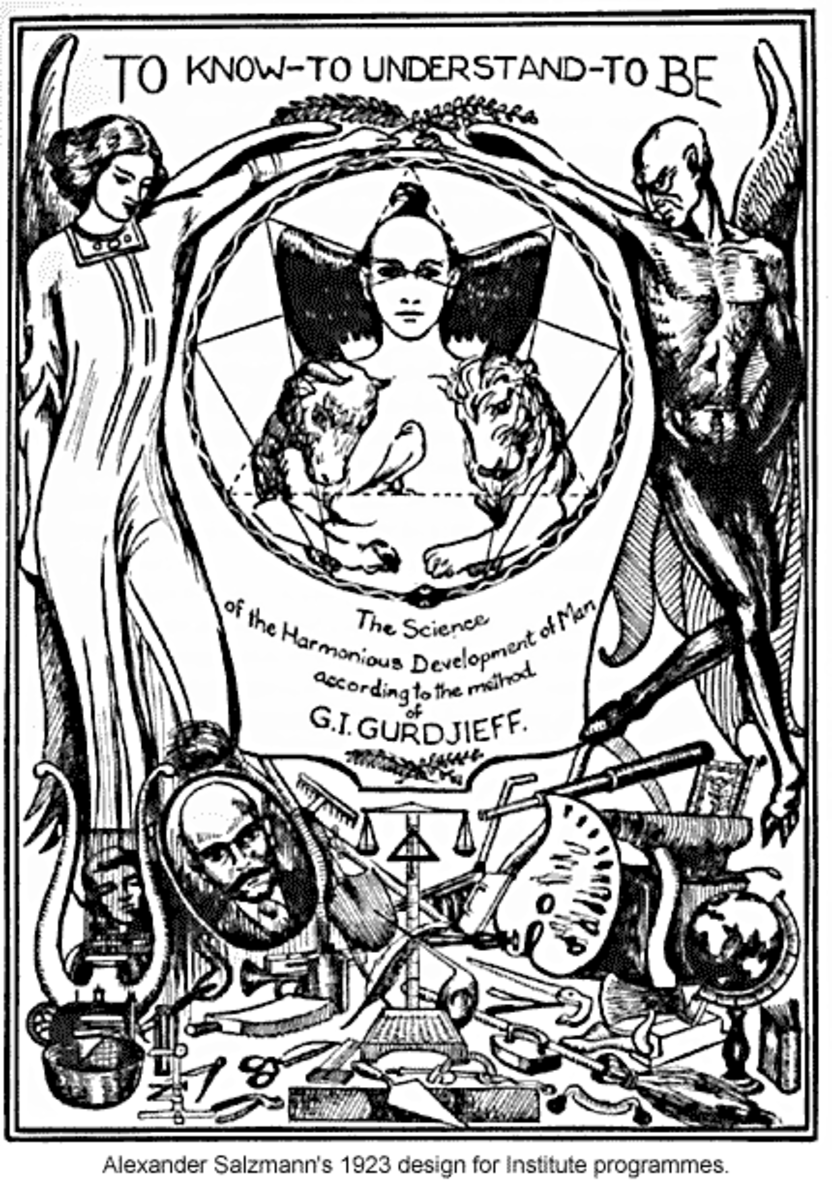Goal Setting Made Easy ~or~ The Three Questions
Information Overload
If you are like most of us living in the information age, you have a lot on your mind. At any given moment you may be thinking about recent news events, sports scores, flooding, drought, family problems, money problems, politicians behaving badly, what to eat, where to vacation, increases in the crime rate, housing market shifts, unemployment statistics, retirement investments, and so on and so forth. Usually buried in this swirl of dissonant data, you will find a little thing called “self-improvement.” Or, if it’s around the first of the year, we tend to call it New Year’s resolutions.

Three Questions
We want to lose weight, quit smoking, exercise more, balance the home budget, finish a degree, or fix up the house. Whatever it is that you’re working on, at some point you are going to want to set a goal for yourself. With everything else going on, it needs to be simple. That’s where the three questions come in. You don’t need the “ten rules” or a weekend retreat on the inner game of goal setting. Just answer three basic queries.
I have read many versions of this technique, but they all come down to basically the same thing: gaining clarity. In a nutshell, it goes like this: First, you must be resolute, motivated, and precise about what needs to be changed (Point A). Second, you need crystal clarity about the outcome or end game (Point B). And finally, you need steps for how to get from Point A to Point B. Or, what do you want to change, what is the outcome, and how are you going to get there. Simple, right? Let’s discuss a few details.
What to Change
Personally, I’ve found that setting a list of 8 or 10 personal goals is about as realistic as deciding I’m going to single-handedly bring peace to the Middle East. That’s what is so powerful about question one. Pick one thing to change, and one thing only.
Don’t forget, you can tackle more things later, but for now, pick the one thing you are MOST passionate about changing. Not necessarily easy, not necessarily difficult. Just the one thing that keeps you up at night most often. Or, if you prefer, pick one thing you feel confident you can accomplish, since this may set the tone for future goal setting. For my example, I’m going to select “fix up the house.” That’s it. That’s the end of question one. Check it off. Point A is officially on the map.
Desired Changed State
The second question concerns the outcome. When I say “crystal clarity” I’m being sincere. You need to define the outcome like you would plan a wedding. What does the outcome look like? What does it feel like? The more detail the better.
Back to my example. For the outcome of fixing up the house, I would describe the outcome as follows:
My house is "tour read." Everything has a place, and everything is put away. The carpets are clean. The floors are mopped. The painting has been touched up where needed. The furniture is polished. The dishes and laundry are done and put away. Everything in the house is repaired and functioning well. It is clean, neat, and inviting.
Notice how the outcome isn’t vague. I now have a concrete “vision” of what I want it to look and feel like. This is my Point B.
Specific Steps
Now for the final question: how do I get there? This is where the rubber meets the road, so to speak. It needs to be specific, measurable, action-oriented, realistic, and time-oriented. If you are paying attention, you realize that I just spelled “SMART.”
Don’t be superficial, but don’t get bogged down in the details either. Continuing my example, my plan might look something like this:
- Set aside 3 hours on Saturday morning the 11th of October to have every family member put away his or her “stuff.”
- Create a donation box, and set aside anything that hasn’t been used in one year.
- Schedule a cleaning service to do a “heavy duty” cleaning of the house.
- Schedule a carpet cleaning service.
- Hire a handyman to make minor repairs.
Had this been my real plan, I would have included actual names and more specific dates. Even so, this example should give you enough to go on to create your own steps.

Celebrate
My final, unwritten step is to celebrate my success. I find positive reinforcement more effective than starting right into my next goal. But that’s just me. You may be so fired up, you want to start right away. It’s all up to you.
Parting Words
"First, have a definite, clear practical ideal; a goal, an objective. Second, have the necessary means to achieve your ends; wisdom, money, materials, and methods. Third, adjust all your means to that end."
-Aristotle
This content is accurate and true to the best of the author’s knowledge and is not meant to substitute for formal and individualized advice from a qualified professional.
© 2014 Carolyn Fields








